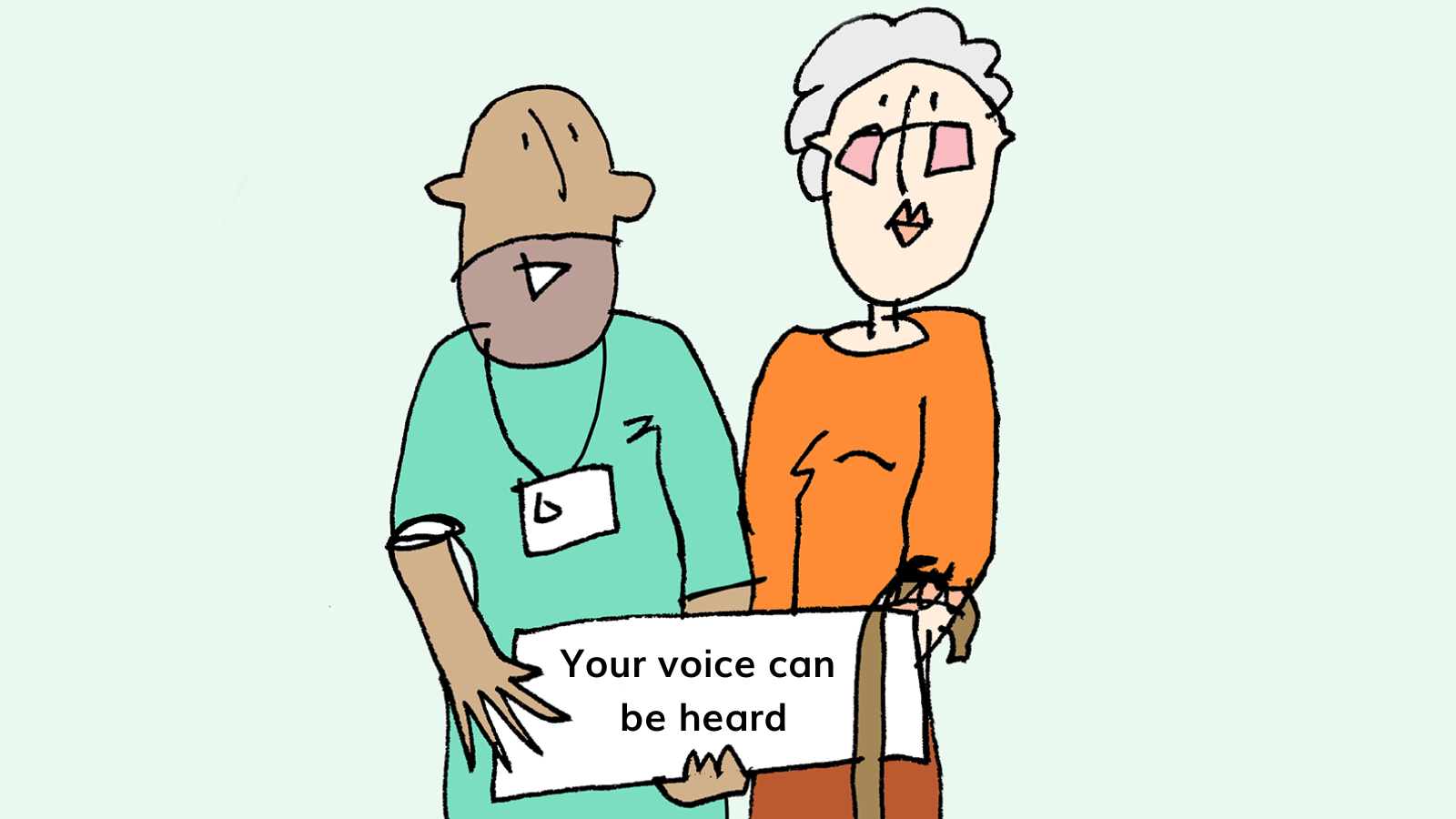Guest Blog: Realise Your Potential at Any Age
This Guest blog is by David Vickers, a former member of the Older People’s Sounding Board, a group we facilitate on behalf of NHS England. This blog delves into the power of lifelong learning, exploring how we can embrace new roles and continue growing through experience as we age.
For most of my professional career as a nurse and academic, I have been alongside people from diverse backgrounds to recognise and evidence their learning from experience. This has ranged from teaching, mentoring, developing Accreditation of Prior Learning in Colleges and Universities, developing records of achievement and lifelong learning networks, and working alongside volunteers in projects at home and overseas.
The learning continues in my “old age” (a misunderstood chronological term). Now, it is focused on transferring lifelong learning into new roles. It means being a novice in those new roles but with the skills and resilience to soon feel comfortable as a valued contributor.

So, let me encourage you. If you have been in a profession, you can transfer those professional values. If you have been an artist, you can bring a new vision; from being a skilled tradesperson, you can bring attention to detail and problem-solving. If you have been a sportsperson, you have learned to be a team player. As a parent, you have experience bringing out the best in another generation. A wide variety of organisations, charities, boards, committees, and individuals seek all these assets. The roles include (not exclusively): Trustees, Directors, Governors, Advisors, Counsellors, and Coproducers. These roles can be in Charities, NGOs, School academies, NHS Foundation Trusts, Integrated Care Boards, Transport user groups, Community development groups, Trade Union retired members/groups, National Pensioners’ Convention (and regional and affiliated groups), Age UK, NDTi, Alzheimer’s Association local history groups or any other interest group. They benefit – you benefit (physically and mentally).
Many of these organisations work with the NHS in Integrated Care Partnerships (ICBs). ICBs and NHS Foundation Trusts continue looking to improve engagement with their local/regional communities. This ranges from consultation to coproduction and planning of innovative approaches to health care. These developments can result in a wide range of possibilities to have your voice heard and your ideas implemented. With more demand on health care resources, more emphasis is being placed on illness prevention and health promotion. Health is everyone’s concern and not confined to the NHS. Lifestyle changes will increasingly be seen alongside prescription of medications and expensive hospital referrals. You will be increasingly be drawn in to health promotion programmes targeting groups to which you belong.
If you feel more adventurous, overseas opportunities may need someone like you as a trainer, advisor, or fund-raiser for an aid project. These are usually as volunteers but pay for reasonable expenses.
You are of value. Your voice can be heard. You can make a difference.
David Vickers
News Sign-up
Useful Links
Useful Info
This Guest blog is by David Vickers, a former member of the Older People’s Sounding Board, a group we facilitate on behalf of NHS England. This blog delves into the power of lifelong learning, exploring how we can embrace new roles and continue growing through experience as we age.